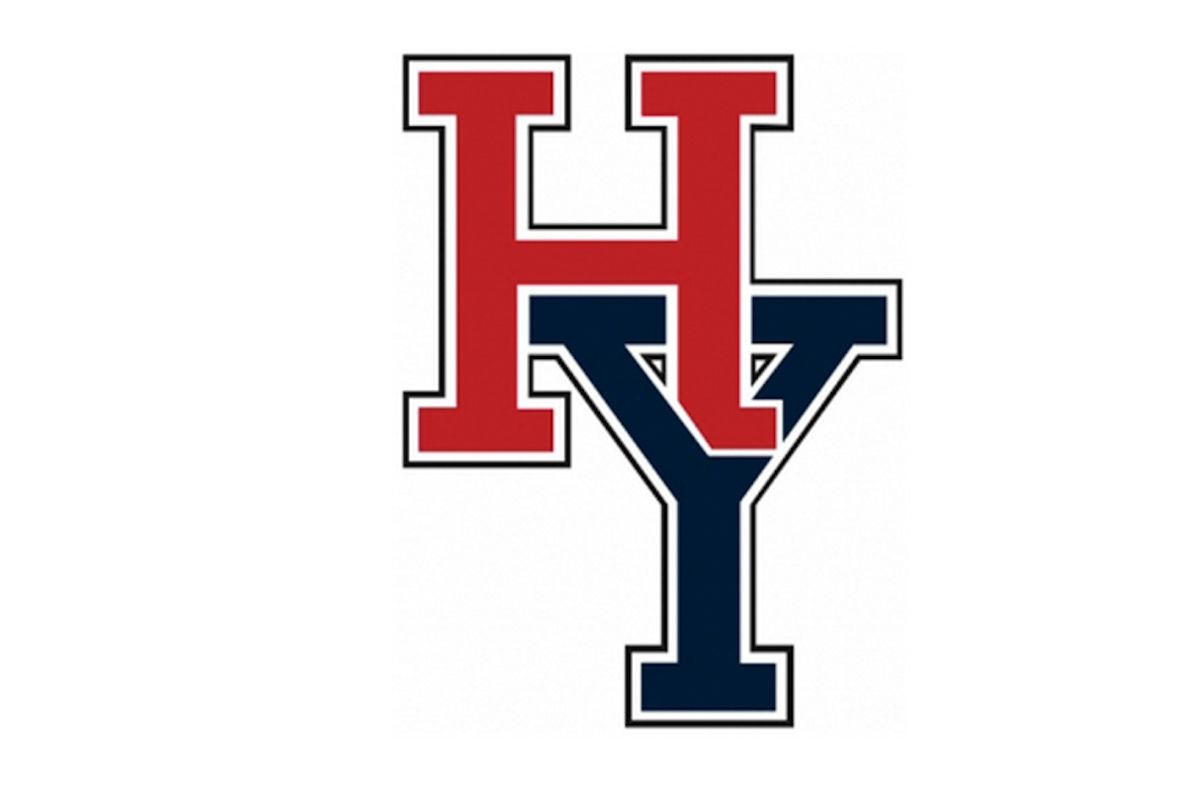Harvard and Yale Are Teaming Up to Teach a Computer Programming Course
Yale and Harvard are stepping past their rivalry, and coming together to offer students interested in the computer sciences an “enjoyable, interesting, and exciting” opportunity in the form of a joint class taught between the two Ivy League schools.
The final details and approvals have been hammered out and signed off to bring what’s known as Harvard’s CS50 course to Yale in fall 2015, an experimental collaboration that will allow Yalies to live-stream or watch archived videos of Harvard Professor David Malan’s classes. The joint venture will also give Harvard students a chance to learn from Yale Computer Science professor Brian Scassellati in a similar way.
“It’s definitely—it’s a novelty. Not in the sense that it’s necessarily different or strange, but it’s not something other schools are really doing,” said Scassellati, who will be in charge of the course in Connecticut. “David has put together a really, almost, culture around this course, that I think has done a lot to elevate the ways that people outside of the discipline of computer science view both computer science and programming in general. A lot of what we are doing is trying to find innovative ways to bring the best of both schools to our students.”
Harvard’s CS50 course has been hailed as one of the “most popular” undergraduate classes at the school, with more than 800 students enrolling last semester.
Malan, who wasn’t immediately available for comment, announced to his students at the end of last semester that for “the first time in history” both schools would be offered the same coursework, and joked that they were “putting aside the rivalry.”
“We want to do everything we can to make this course enjoyable, interesting, and exciting, and deliver good content to our students,” Scassellati added. “And if we can leverage some competitive spirit to do that, we absolutely will.”
Talks about the collaboration first started between Joan Feigenbaum, Yale’s Computer Science department head, and Malan last summer. Feigenbaum said that she was looking for “tips” on how to bring some lecturers—perhaps alums of Malan’s classes—to Yale to teach.
“We chatted and exchanged emails, and shortly after her was making suggestions about seeking lecturers, he said, ‘here’s a crazy idea,’ and he proposed the joint CS50 course,” she said. “I thought it was a really amusing and interesting plan.”
From there came the long process of proposal approvals from school officials at both universities, before everything was finally given the go-ahead. Details were first approved at Yale on November 6, and then Harvard at the end of the month.
Malan’s lectures are already live-streamed and archived, and later shared over the Internet for people to view, so students can show up in person, or watch from anywhere. By teaming up with Yale, they will expand upon that so the live lectures will sometimes take place in Cambridge, and sometimes in New Haven. Malan and Scassellati will occasionally bounce between the two schools to interact with students. Sections and office hours for Yale’s students will also be offered on the New Haven campus.
“It’s a cultural experience and bonding experience,” said Feigenbaum. “The social experience and educational experience are interwoven. We are taking that social experience, and sort of expanding it so it unites two universities—especially two that are traditional rivals.”
Already, it seems the pairing has started to show its true colors on the course’s website. It’s there that a logo showing the connection between Harvard and Yale greets visitors. There’s also a call out for people interested in joining the staff in Cambridge and New Haven, and a YouTube video that shows a pair of puppets in Harvard and Yale clothing riding from one campus to the other.
“Teaming up like this, we are hoping that the whole is going to be greater than the sum of the parts,” said Scassellati. “David and I both have different backgrounds and areas of expertise, and we’re hoping by bringing these things together, we will produce something that has the benefits of CS50, and a little more.”


